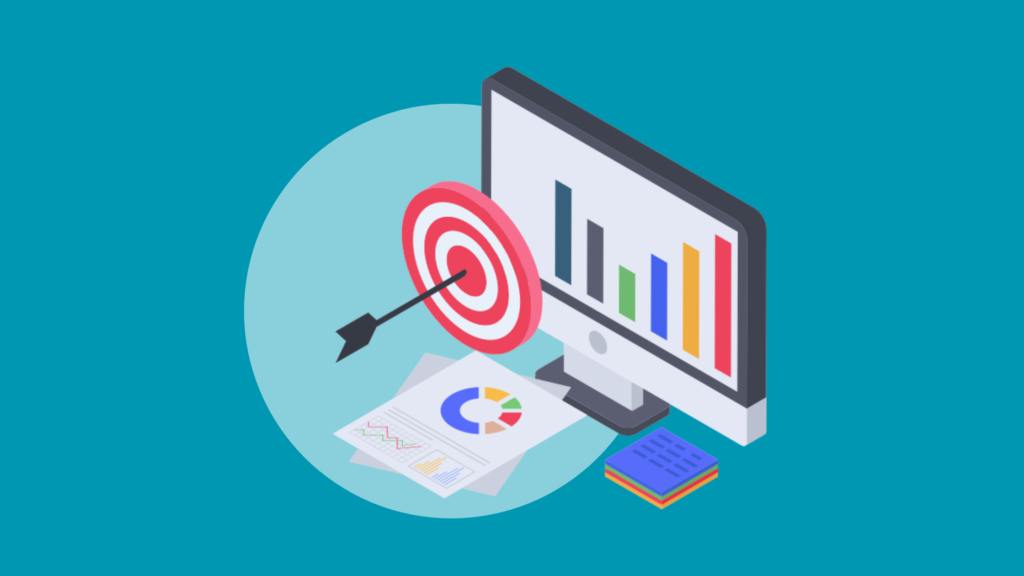Data-driven marketing strategies have revolutionised the way businesses approach customer engagement. By leveraging data analytics, companies can make informed decisions, optimise campaigns, and enhance ROI. This shift towards data-centric marketing ensures precision and effectiveness in reaching target audiences.
Benefits of Data-Driven Marketing
Enhanced Customer Insights
Understanding customer behavior is pivotal. Data-driven marketing strategies provides deep insights into customer preferences and purchasing patterns. This knowledge allows for personalized marketing efforts, fostering stronger customer relationships and loyalty.
Improved Targeting and Segmentation
With data analytics, businesses can segment their audience more effectively. This enables precise targeting, ensuring marketing messages resonate with specific groups. Improved targeting reduces wasted resources and boosts conversion rates.
Optimised Marketing Campaigns
Data-driven strategies allow for continuous optimization of marketing campaigns. By analyzing performance metrics, marketers can adjust tactics in real-time. This agility ensures that marketing efforts remain relevant and effective throughout the campaign lifecycle.
Key Components of Data-Driven Marketing
Data Collection and Analysis
Collecting accurate and relevant data is the foundation of data-driven marketing strategies. Utilizing tools such as Google Analytics, CRM systems, and social media insights, businesses gather valuable information. Analysing this data helps identify trends and patterns critical for decision-making.
Predictive Analytics
Predictive analytics plays a crucial role in forecasting future trends. By leveraging historical data, businesses can predict customer behaviour and market shifts. This foresight allows for proactive adjustments to marketing strategies, staying ahead of competitors.
Personalization and Customization
Personalization is key in today’s competitive market. Data-driven marketing strategies enables tailored content and offers based on individual customer data. Customization enhances the customer experience, leading to higher engagement and satisfaction.
Implementing Data-Driven Marketing Strategies
Integrating Data Sources
For effective data-driven marketing, integrating various data sources is essential. Combining data from different platforms provides a holistic view of customer interactions. This integration facilitates more accurate analysis and better-informed marketing decisions.
Utilising Marketing Automation Tools
Marketing automation tools streamline data-driven marketing strategies. Platforms like HubSpot and Marketo automate repetitive tasks, track customer interactions, and provide analytics. Automation enhances efficiency and allows marketers to focus on strategy and creativity.
Continuous Monitoring and Optimization
Data-driven marketing is an ongoing process. Continuous monitoring of campaign performance ensures strategies remain effective. Regularly updating and refining tactics based on data insights keeps marketing efforts aligned with business goals.
Challenges in Data-Driven Marketing
Data Privacy Concerns
With the rise of data-driven marketing strategies, data privacy has become a significant concern. Businesses must ensure compliance with regulations like GDPR and CCPA. Protecting customer data builds trust and safeguards the company’s reputation.
Managing Data Overload
The vast amount of data available can be overwhelming. Effective data management practices are crucial. Utilising data visualisation tools can simplify the analysis process, making it easier to derive actionable insights.
Embracing a Data-Driven Culture
Educating Teams on Data Literacy
Building a data-driven culture begins with ensuring that all team members understand the importance of data. Providing training on data literacy equips employees with the skills to interpret data effectively. This empowers teams across departments to make data-driven decisions aligned with overall business objectives.
Encouraging Cross-Functional Collaboration
Effective data-driven marketing requires collaboration between marketing, sales, IT, and customer service teams. By breaking down silos and fostering collaboration, organisations can leverage diverse perspectives and insights. This cross-functional approach enhances the accuracy and relevance of data-driven marketing strategies.
Future Trends in Data-Driven Marketing
Artificial Intelligence and Machine Learning
AI and machine learning are transforming data-driven marketing. These technologies analyse vast amounts of data in real-time, enabling predictive analytics and personalised recommendations. Integrating AI into marketing strategies enhances automation and scalability, driving more impactful customer experiences.
Enhanced Data Visualization Techniques
Visualising data through advanced techniques like interactive dashboards and infographics simplifies complex insights. This visual representation facilitates quicker understanding and decision-making across the organisation. Enhanced data visualisation empowers marketers to communicate findings effectively and gain buy-in from stakeholders.
Final Thoughts
In conclusion, integrating data-driven marketing strategies is essential for businesses looking to achieve long-term success in today’s digital era. By prioritising data accuracy, leveraging advanced analytics tools, and fostering a culture of data-driven decision-making, companies can navigate challenges, capitalise on opportunities, and achieve their marketing objectives effectively.



